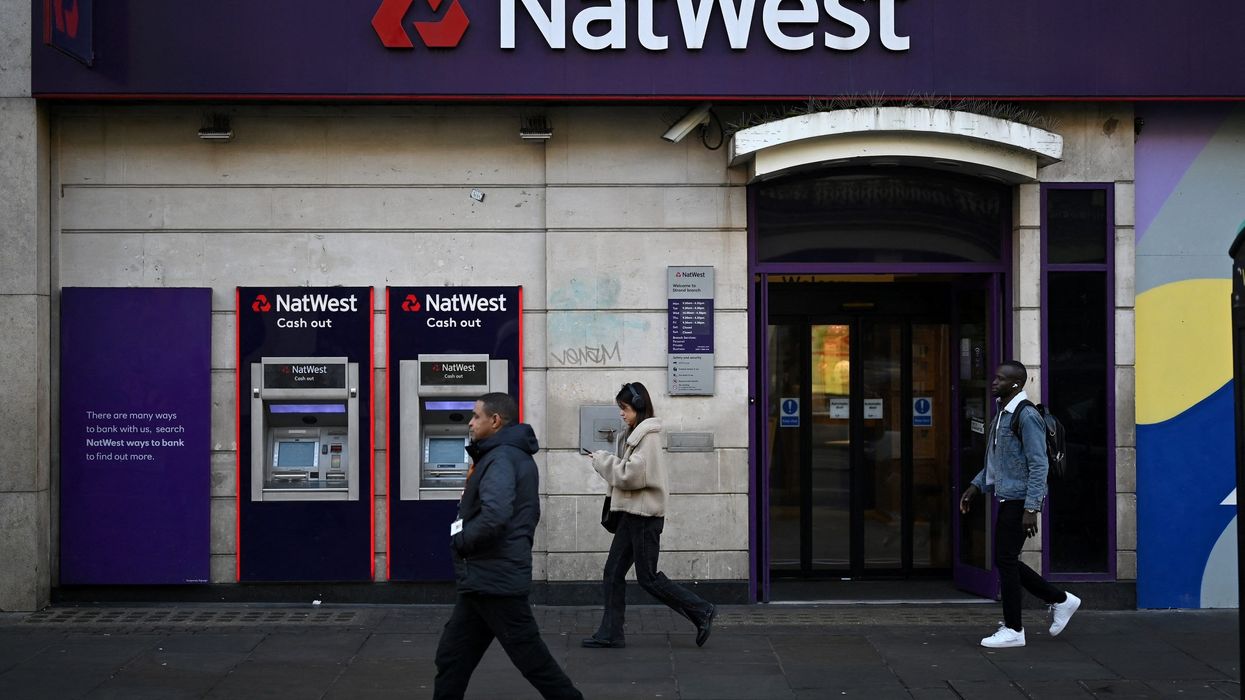NatWest, the state-backed bank formerly known as Royal Bank of Scotland, has reached an agreement to repurchase its own shares worth £1.3 billion ($1.6 billion) from the government.
This move marks a significant step towards transitioning the bank back to private ownership, a process initiated 15 years ago during the global financial crisis when it was bailed out.
As a result of the deal, the government's stake in NatWest will be reduced from approximately 41.4% to 38.69%. The shares will be acquired by NatWest at a price of 268.4 pence per share.
In March 2022, NatWest already made progress towards majority private ownership through a block sale. The government's ultimate objective is to fully return NatWest to private ownership by 2026.
"Today's sale is another major milestone in returning NatWest to full private ownership as promised," Andrew Griffith, economic secretary to the Treasury, said in a statement.
At its highest point of ownership, the British government held an 84% stake in NatWest after providing a bailout to the bank in 2008.
The sale announced on Monday (22) marks the government's sixth block sale of NatWest stock thus far, government sources said
"This transaction reduces government ownership below 40% and demonstrates positive progress on the bank's strategic priorities and the path to privatisation," NatWest CEO Alison Rose said in a statement.
(Reuters)




